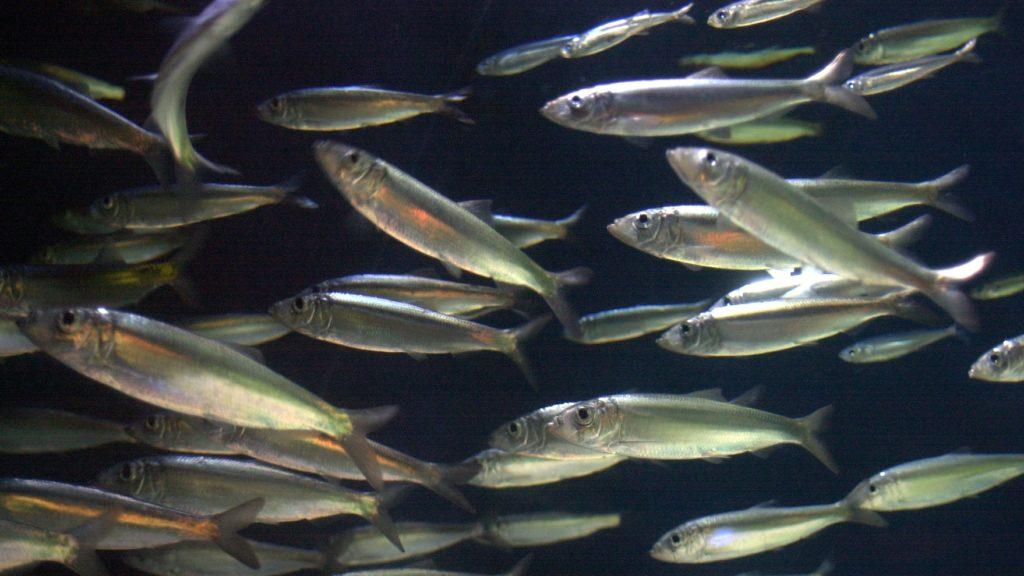Basic Facts

Photo: Riku Lumiaro/SYKE
Baltic Sea Fish
Fish play an important role in the Baltic Sea ecosystem. They act as essential consumers of plankton and benthic invertebrates and they serve as a food for marine top predators.
The fish species living in the Baltic Sea are a mixture of marine and freshwater species adapted to the brackish (water with low salinity) conditions. Approximately one hundred fish species inhabit the Baltic sea, of which about 70 marine species dominate the Baltic Proper, while some 30-40 freshwater species occur in the coastal and the innermost areas.
The distribution of the fish species is mainly determined by salinity levels and the composition of fish communities varies between different regions of the sea in relation to the different habitat characteristics; differences in salinity, water temperature, oxygen content and nutrient availability.
The Baltic Sea fish populations are affected by fishing, eutrophication, oxygen depletion, high levels of hazardous substances, as well as natural factors such as cold winters and varying salinity levels.
Commercial Fisheries
Cod, herring and sprat are the major marine fish species of high commercial value in the Baltic Sea. Also flatfish species like flounder and plaice are utilized especially in the southern part of the Baltic Sea. About 90% of the total fish catch consists of herring, sprat, cod and flounder.
Fisheries data in the Baltic Sea have been systematically recorded since the 1920s whereas the stock dynamics of most commercially important species (e.g. cod and herring) are available since only the 1960s or 1970s. The International Council for the Exploration of the Sea (ICES) gathers the statistics of Baltic fish stocks in the assessments of the state of fish resources.
All Baltic coastal states, except Russia, are members of the European Union, with their fisheries activities being regulated by the EU Common Fisheries Policy (CFP). In 2006, EU and Russia agreed with a bilateral framework fisheries agreement.

